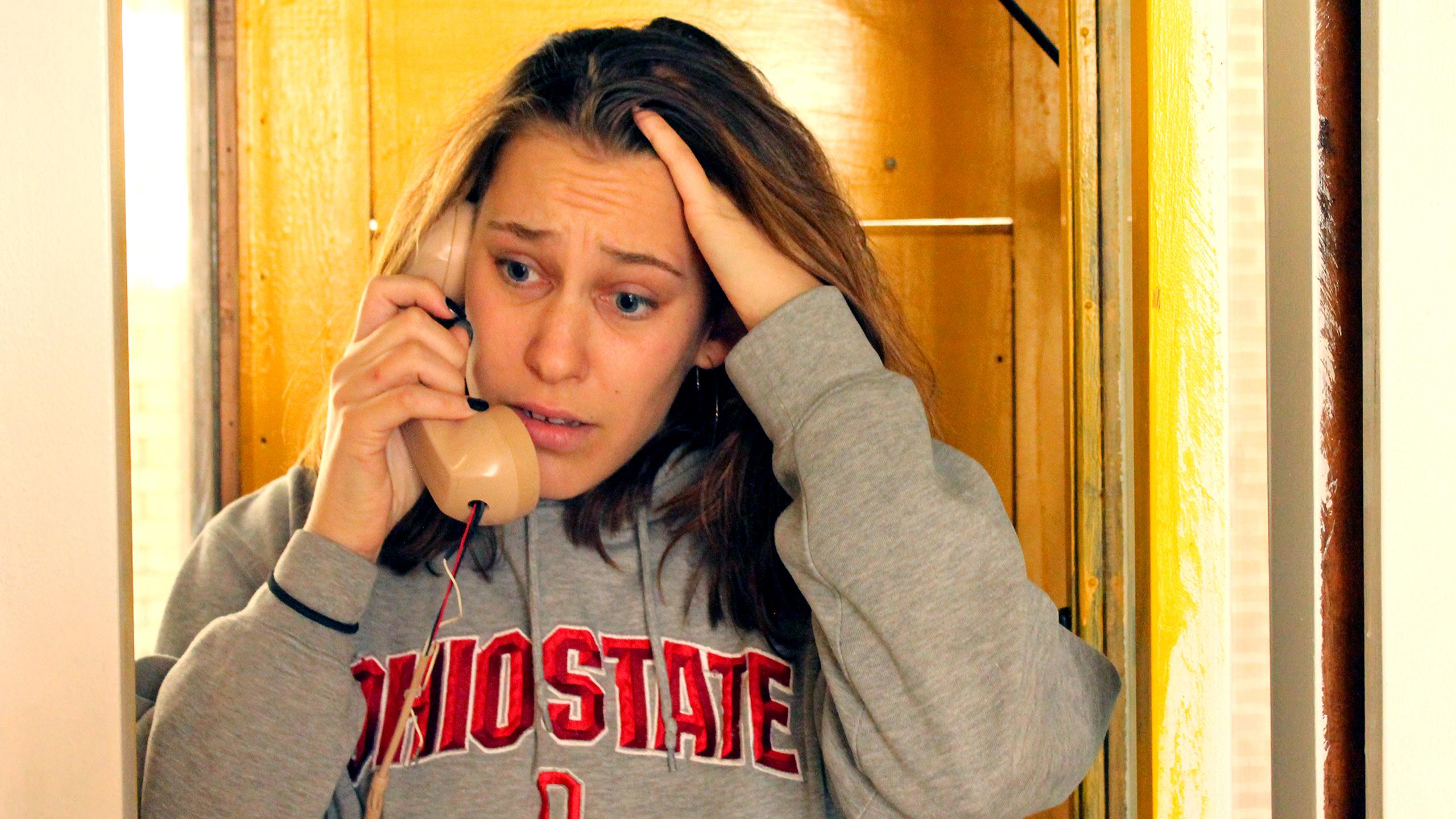By Zachary Roman
The CEO of Bell, Richard Mann, said this year’s Bell Let’s Talk day was the communication giant’s most successful yet. According to Mann, as of Jan. 29, his company’s brand recognition rate is up 50 per cent amongst Canadian consumers, bringing it to a staggering 99 per cent. This means there are very few Canadians left who haven’t heard of Bell or been subjected to their cringeworthy advertising.
“For the small price of five cents per mention, we are able to permanently ingrain our brand name into the hearts and minds of Canadians in a positive way,” said Mann at a press conference. “This ad campaign is entirely about raising awareness of our company. I mean, mental health issues.”
Since 2010, there have been over one billion interactions online where #BellLetsTalk was mentioned, according to the Bell Let’s Talk website, resulting in over $100 million being donated to mental health initiatives. On the surface, it would seem like Bell’s corporate heart is in the right place.
When you open your third eye, however, you notice that Rogers’ advertising budget way back in 2012 was $145 million. Bell’s advertising budget in 2017 was a little over $100 million. This means that since the initiative started, Bell has gotten over a billion dollars worth of positive advertising at a fraction of the price.
“Slacktivism” is defined as “the practice of supporting a political or social cause by means such as social media or online petitions, characterized as involving very little effort or commitment.” On Bell Let’s Talk day, boomers, bullies, businesses and more all come out of the woodwork to magically become supporters of Mental Health™ and become the ultimate slacktivists.
“My mom was sharing #BellLetsTalk posts on her Facebook feed all day,” said Jake Spear, a fifth-year English student. “But when I was in school and struggling with depression, she told me I was ‘ungrateful’ and that ‘I had nothing to be sad about.’ Her hypocrisy knows no bounds.”
The viral nature of #BellLetsTalk makes it almost impossible to avoid. On Jan. 29 it’s hard to go anywhere on the internet without seeing posts literally everywhere.
“It really pisses me off seeing that my high school bully is a mental health advocate now,” said Saul Tee, a third-year civil engineering student. “She tweeted ‘we all need 2 luv each other bcuz u never kno what someone is going thru. #BellLetsTalk.’ That’s ironic because in reality she made my life a living hell and left me with permanent body image issues.”
To put the cherry on top of the conglomerate, Bell has a monopoly on prison phones in Ontario. These phones are unable to call cell phones, and if you happen to reach someone on their landline, the calls cost over a dollar per minute. Because taking away someone’s freedom, and money, is clearly the best way to support their mental health!
When The Eye reached out via phone call to Bell’s public relations department for comment on their prison phone rules and regulations, an automated message said: “Thank you for calling Bell. Please hold.” At the time of publication, we’re still on hold. Anyone who has dealt with Bell customer service knows that we will probably be on hold for at least another week.











Glen Manery
Hello. I was intrigued by your comments on “the CEO of Bell, Richard Mann.” I am having difficulty finding anything about him on the internet. Please provide a link about him. Thanks